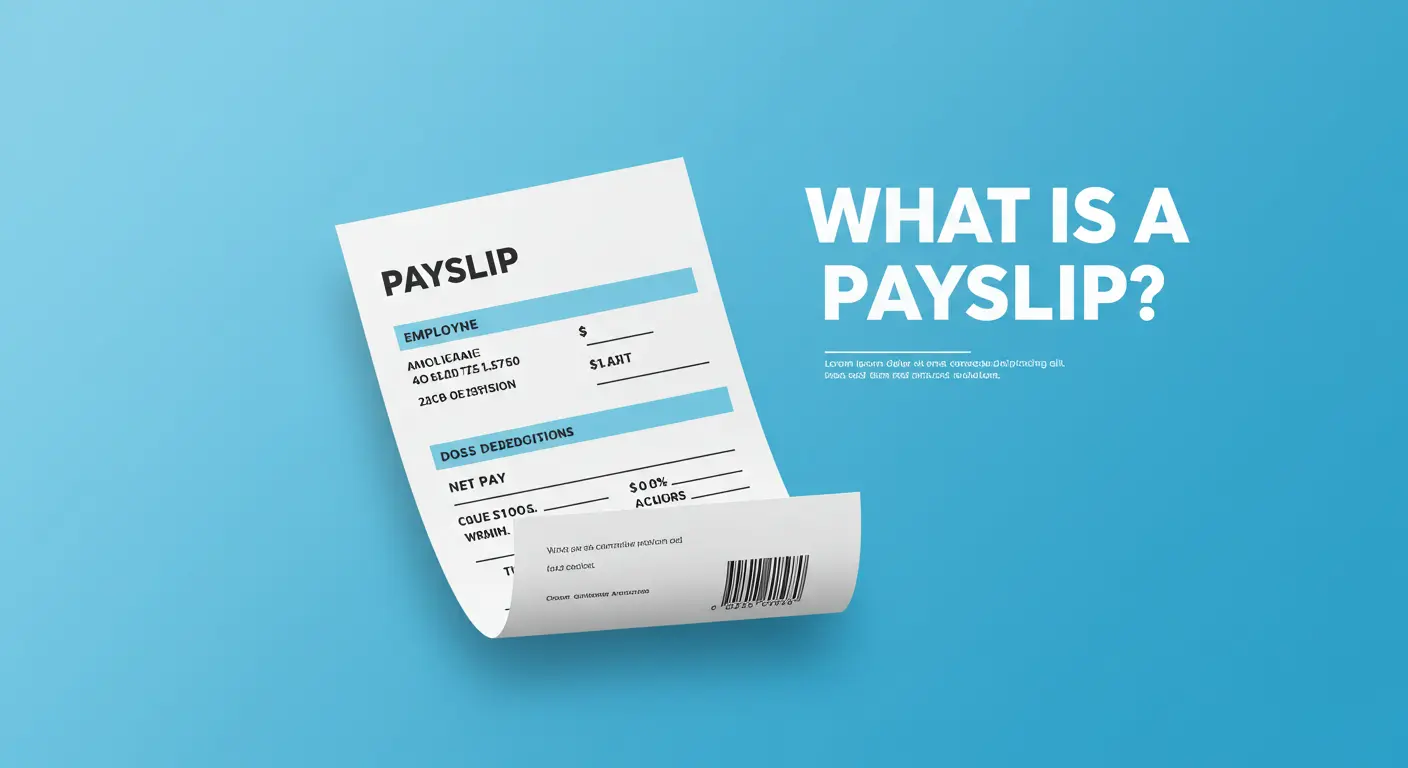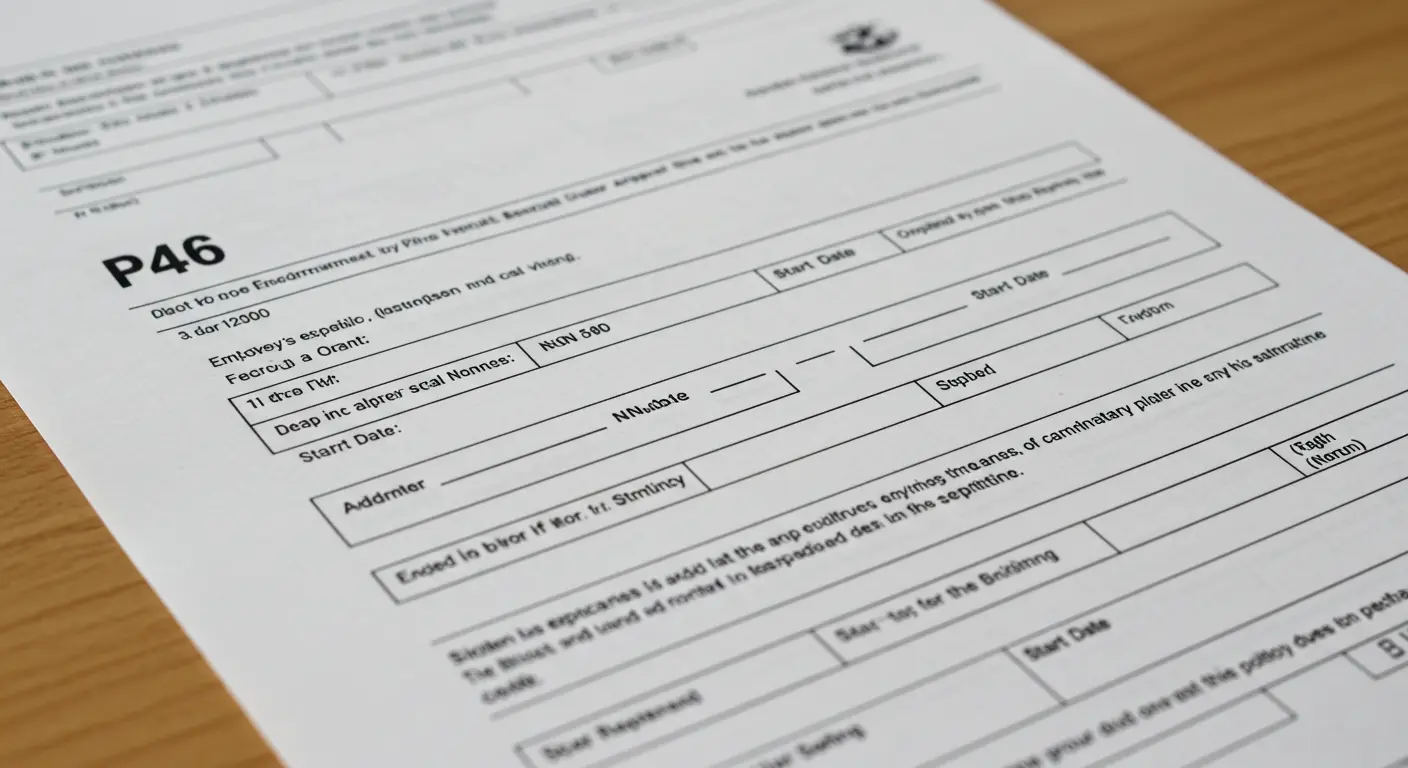What Is a Tax Rebate?
The tax you overpaid to HMRC is refunded as a tax rebate. It usually happens when your annual tax deductions exceed your actual tax liability. Changes in income, being under the incorrect tax code, or claiming permitted costs that lower your tax bill are some of the reasons why this can occur. You may also be eligible for a refund if you quit your job midway through the tax year or worked at several jobs without the correct tax code.
Tax refunds are available to people in the UK for expenses relating to their jobs, such as uniforms, travel expenses, or working from home. Self-employed individuals who have overpaid through on-account payments may also be eligible for a refund. After reviewing your tax return or PAYE data, HMRC typically issues the refund, which is then either paid immediately into your bank account or issued as a check.
You can receive a tax refund regardless of whether you are a pensioner, CIS subcontractor, PAYE employee, or even if you have left the UK. Automatic repayments are often initiated by an HMRC tax refund of P 800. However, if no refund has been given, you might need to take action.
How Do I Check If I’m Due a Tax Rebate from HMRC?
You can use the tax rebate checker that HMRC offers through your online personal tax account to determine whether you are eligible for a refund. It will indicate whether HMRC owes you a tax refund for a specific year. HMRC frequently issues a P800 tax refund letter. This explains how to get a tax refund and indicates whether you overpaid taxes. You might not receive this notification if your information is out of date or if you have moved.
You can manually check the status of your tax refund if you believe you overpaid. Access your HMRC account or call the HMRC tax refund hotline. Use the PAYE tax rebate guide if you are employed and subject to PAYE taxes. It provides instructions on how to check your tax code, amend your employment information, and submit an online tax refund claim.
What Types of Tax Rebates Are Available?
Depending on your circumstances, the UK offers several tax refund types:
- For individuals who must maintain or clean uniforms, there is a work uniform tax refund.
- Employees who must work from home are eligible for a home working tax credit.
- For subcontractors that overpay taxes, the CIS tax rebate is a significant kind of return.
- An emergency tax refund is frequently activated when you are assigned a temporary tax code.
- Local governments offer low-income households a council tax refund for seniors and a council tax refund for people with disabilities.
Tools such as the tax refund calculator or CIS tax rebate calculator allow you to estimate your claim for each category. Should your employer not pay for these costs, you may also qualify for a uniform laundry tax return. The rebate rate varies by occupation.
How Can I Claim a Tax Rebate for Work-Related Expenses?
If you have paid for work-related expenses out of pocket and have not received reimbursement from your employer, you may be eligible for a tax refund. Uniforms, work equipment, business travel (not commuting), and professional subscriptions are examples of common qualifying expenses. For basic rate taxpayers, the normal amount of the home working tax rebate is £6 per week, which translates to an annual rebate of roughly £62.40. Often disregarded, the home working tax and uniform laundry tax rebates can result in hundreds of dollars in savings over time. You must be a PAYE taxpayer, and the expenses must be necessary for your position to be eligible. If your total expenses are less than £2,500, HMRC permits you to submit a P87 form or use their online interface to make a claim.
A self-assessment tax return must be filed for expenses over £2,000. To bolster your claim, you’ll also need to save documentation such as mileage logs, receipts, or proof of expenses related to your job. After your rebate has been submitted, HMRC will process it and issue any necessary refunds by check or bank transfer. You can backdate claims for up to four tax years if you haven’t made any in prior years.
What Is a CIS Tax Rebate and How Is It Calculated?
You likely overpay taxes if you are a subcontractor or employee of the Construction Industry Scheme (CIS). Before paying you, contractors deduct 20% tax, regardless of your real expenses.
With a CIS tax refund, you can get your money back on things like
- Equipment and tools
- Travel costs
- Personal Protective Equipment, or PPE
- Training or insurance
You must fill out a self-assessment tax return to file. To determine the precise amount of tax due, you will input your earnings and outlays. To determine how much you’re entitled to, use a CIS tax refund calculator.
Example CIS Rebate:
| Gross Income (GBP) | Tax Deducted (20%) | Allowable Expenses (GBP) | Rebate (GBP) |
|---|---|---|---|
| 40,000 | 8,000 | 7,500 | 1,500. |
The amount of these rebates might be in the thousands. To prevent mistakes, many people hire accountants to file for a tax refund. Certain expenses can still be accurately predicted even in the absence of receipts.
Can I Get a Council Tax Rebate?
Under certain circumstances, get a refund for your council tax. Council tax refunds, sometimes referred to as Council Tax Reduction (CTR) or Support, are provided to low-income people, those on certain benefits, and people in particular situations, including being a full-time student, living alone, or having a disability. Your income, the makeup of your home, and local laws may all affect your eligibility and the amount of your rebate, as each local council has its own set of requirements.
You can claim a council tax refund online or by getting in touch with your local government directly. Proof of your income, benefits, and housing status will be required. Individuals with disabilities and pensioners may be eligible for further assistance and, in certain situations, complete exemptions. If you’re not sure, it’s worthwhile to contact your council’s support team or use their online calculator to see if you qualify.
What Happens to My Tax Rebate If I Leave the UK?
You may still be entitled to claim tax exemption, especially if you have paid income tax through Paye and stopped working before the tax year ends. HMRC allows you to apply for a refund for any overpaid tax, even if you are no longer living in the UK. To do this, you usually need to complete the Form P85, allowing HMRC to know that you have left the country and can trigger a discount based on your earnings and taxes paid. Once your application is submitted, HMRC will assess that you have paid more taxes and issue a refund accordingly. If you are eligible for a discount, the amount will be paid either into your UK bank account or by check, depending on the option you choose. To avoid delay, it is important to include your departure date, final payment, and accurate details of any other relevant income. You can still use your allowance for the part of the year you were in the UK.
How Do Emergency Tax Codes Affect My Tax Rebate?
Emergency tax codes can significantly affect your tax exemption, as they often result in high initial tax deductions. When HMRC applies an emergency tax code, such as 1257L W1/M1 or BR, it means that your employer is not aware of completing. As a result, you are taxed on your income as you are entitled to the original personal allowance, or sometimes no allowance. This can pay more tax for you during the affected salary period. If you are placed on the emergency tax code and later your correct tax code is released, HMRC will usually reorganize your tax for the year. Any overpaid tax is then returned through your payment or at the end of the tax year as a tax exemption. However, if your tax code is not corrected during the year, you may need to enter the P800 tax calculation or self-evaluate to claim your discount.
Conclusion
In the UK, receiving a tax refund is frequently easier than most people think. You can get your money back regardless of whether you overpaid because of the CIS plan, a change in employment, or emergency taxes.
The UK system provides several refund options, ranging from the pensioner’s council tax rebate to the home working tax rebate. Check for a P800 tax return, use resources like the tax rebate calculator, and pay attention to claims like the uniform laundering tax rebate. If you’re not sure, get professional assistance in filing for a tax refund. HMRC may have the money you owe them right now.
















